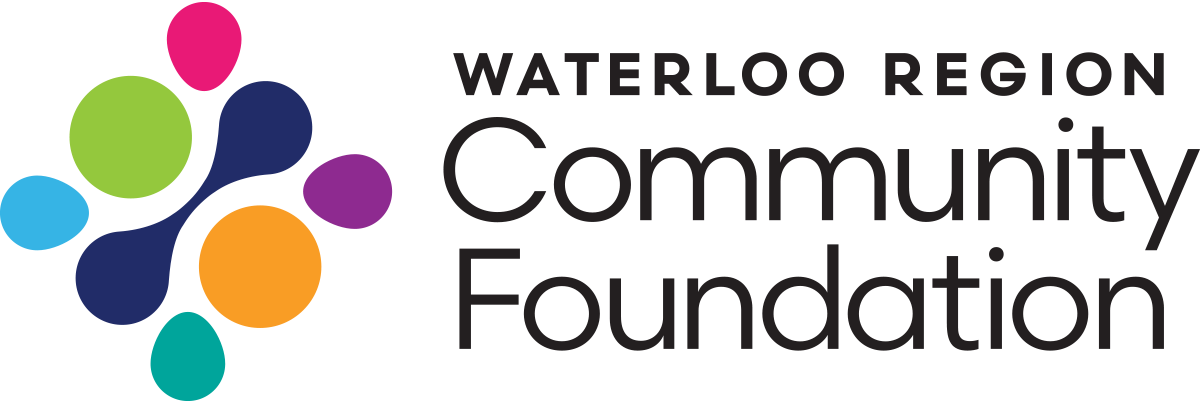INCLUSION AND DIVERSITY: Muslim Social Services Waterloo Region summer camp provides ‘safe space’ free of barriers
For 16 years, Muslim Social Services Waterloo Region has been offering spiritually and culturally sensitive humanitarian and social services to the Muslim and non-Muslim communities of the region.
The non-profit organization offers an array of programs -- everything from English literacy to computer courses, safety and well-being, music and art -- aimed at fostering inclusion and a sense of belonging with the intent to build resilient communities.
“We create these programs according to the needs in the community,” MSS Executive Director Duaa Al-Aghar said. “We answer the needs … and then we create the programs.”
One such need was to establish a summer camp that, while open to one and all, would be specifically tailored for the children of refugees, low-income families and newcomers to Waterloo Region.
MSS’ Intercultural Summer Day Camp is that camp – what Al-Aghar referred to as the organization’s “missing piece.”
For the past two years, the organization has organized an in-person summer program for children as young as five years old and up to 14 years old. Educational and fun activities have included painting, pizza-making, field trips, and sports such as swimming and volleyball, often in outdoor settings such as community parks.
It has been made possible thanks to The Waterloo Region Record – Lyle S. Hallman Foundation Kids to Camp Fund, held at Waterloo Region Community Foundation, which provides grants to camps, enabling children and youth who reside in the region the necessary financial means to participate.
With the financial help of this fund, families could access full and partial subsidies to attend anywhere from one week of camp to, in some cases, the complete four-week session. There were weekly themes at camp to keep things fresh for the dozens of participants.
“Because some kids would be there for Week 1 but wouldn’t be there for Week 2. Or they could be there for all of summer camp. We didn’t want things to become repetitive, so we tried to engage in a new activities – something new every single week,” said Yasmin Ali, Program Facilitator. “We did that through the themes. Even with our activities, we tried to teach them something by having an educational component.”
“With everything we just tried to be inclusive and diverse,” Ali added. “We were aware that when we went to the swimming pool that meant not everyone could go in. So, we made sure at that swimming pool there’s was still a park – there’s a volleyball net. You can still go there. Those were important factors to keep in mind.”
Aspects such as potential language barriers and any special needs were not overlooked. The camp’s aim, after all, is to reflect the organization’s vision of inclusivity.
“With parents, it helped that some of us spoke the same language as them – they were comfortable leaving their children with us,” Ali said. “What’s important with our camp is we were very culturally and religiously aware. That was also important for their parents. They felt safe in that environment. The kids could relate to the Program Facilitators and other kids around them. They just felt included. ‘Hey, I’m not alone in this situation. There are other people with me.’”
The campers’ backgrounds were, unsurprisingly, diverse, with children from countries including Libya, Syria, Sudan and Ethiopia all mingling and getting to know one another.
“It was so diverse. This is the beauty of the summer camp,” Al-Aghar said. “They felt safe. ‘This is a safe space. We can share our experience. We feel a sense of belonging.’”
Added Ali, a university student who came to Canada from Iraq: “I’ve never been to summer camp before. I was part of a low-income family growing up. When these kids were telling me the same thing, I related to them.
“There are things that they can’t access through school, and it’s not the same environment as school. They wouldn’t get that anywhere else during their summer,” she said. “A lot of them were like, ‘I don’t want this camp to end. I want to be here all day, every day.’ They enjoyed the leaders, the volunteers, every single activity.”
Al-Aghar said the support from the fund has been invaluable.
“It is incredible. I’m so grateful for their support and for them believing in the work that we do in our community here. I don’t have enough words to thank them for the funding we received for different programs, and for believing in us,” she said. “Without this fund, to be honest, we were not able to help this many kids. This is the beauty of this fund. It gives an opportunity for more kids to join this camp.”
Since 2014, more than $1.5 Million has been distributed through The Waterloo Region Record – Lyle S. Hallman Foundation Kids to Camp Fund to support kids in having a camping experience. Approximately $150,000 is expected to be distributed through the fund in 2024, focused on providing subsidies for children under 18 attending camp.
For more information about Muslim Social Services Waterloo Region, visit muslimsocialserviceskw.org.
The Waterloo Region Record – Lyle S. Hallman Foundation Kids to Camp Fund will be accepting applications in January 2024. To learn more and apply, visit wrcf.ca/kidstocamp.



